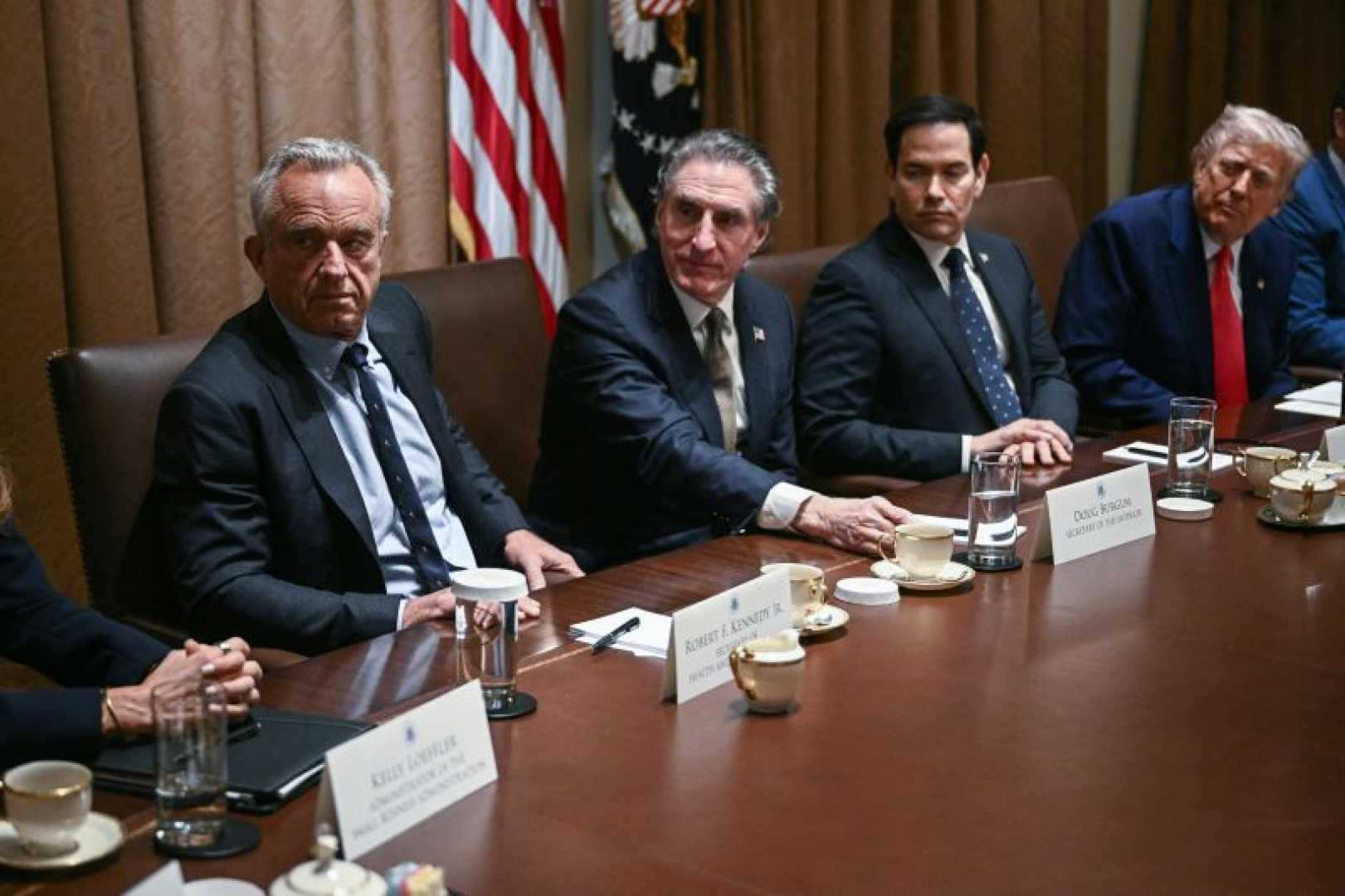Health
HHS Secretary Promises Autism Cause Discovery by September Amid Skepticism

WASHINGTON, April 10 (AP) – U.S. Health and Human Services Secretary Robert F. Kennedy Jr. announced Thursday during a Cabinet meeting that the department aims to identify the cause of the rising autism rates in the country by September. In a bold declaration, Kennedy stated that a substantial research initiative involving hundreds of scientists worldwide has commenced, seeking to address the so-called ‘autism epidemic.’
“At your direction, we are going to know by September,” Kennedy told President Donald Trump, who expressed hope for meaningful breakthroughs. “We’ve launched a massive testing and research effort that’s going to involve hundreds of scientists from around the world. By September, we will know what has caused the autism epidemic, and we’ll be able to eliminate those exposures.” Trump’s comments suggested potential links between autism and environmental factors, fueling debates in public health circles.
Concerns over autism have surged as diagnoses have increased significantly in the U.S., with the estimated rate climbing from 1 in 150 children in 2000 to 1 in 36 in 2020, according to the Centers for Disease Control and Prevention (CDC). Kennedy indicated that newer data might reveal the rate to be as high as 1 in 31.
Experts have attributed this rise to several factors, including heightened awareness of autism, broader diagnostic criteria, improved screening practices, and earlier detection, but the precise causes remain elusive. Genetic influences, advanced parental age, and environmental factors like air pollution have all been considered, while the connection between vaccines and autism has been firmly discredited. The National Institute of Environmental Health Sciences emphasizes that no link has been found between vaccinations and autism.
Despite this scientific consensus, Kennedy’s history of advocating anti-vaccine rhetoric has prompted skepticism regarding the integrity of the new research. His declaration raised alarms among autism advocacy groups, and the Autism Society of America characterized his assertion as both “unrealistic and misleading.” Kristyn Roth, the advocacy group’s marketing chief, expressed doubt about meeting the ambitious September deadline.
Furthermore, Kennedy’s initiative is being scrutinized following his appointment of David Geier, a known vaccine skeptic with a disputed record regarding vaccine research. The backlash culminated in a letter from House Democrats requesting an investigation into Geier’s role in the autism study, criticizing his history of promoting unverified connections between vaccines and autism.
Kennedy attempted to address criticisms by broadening his focus, stating that the upcoming research would explore not only vaccines but also “our food system, our water, our air, different ways of parenting, all the kind of changes that may have triggered this epidemic.” Nevertheless, experts are concerned about the narrow scope of this inquiry given the extensive, peer-reviewed research already available.
“Even developing a research program would take longer than five months,” said Dr. Lisa Settles, director of Tulane’s autism program. “I definitely don’t feel like the research that would be proposed at this point in time would be free of bias.” Vaccine researcher Dr. Peter Hotez added that prior research on the origins of autism is comprehensive and does not expect Kennedy’s initiative to yield novel insights.
The conversation surrounding autism has become particularly urgent as measles outbreaks continue to rise across the United States, driven largely by decreased vaccination rates in certain communities. Autistic advocates have expressed deep concern over the implications of Kennedy’s rhetoric, which they feel perpetuates stigma and fear surrounding autism.
Dr. Georges Benjamin, executive director of the American Public Health Association, voiced skepticism about the administration’s ability to execute such a large-scale study, questioning funding amid substantial budget cuts at HHS.
As the department embarks on this contentious research journey, the necessity of rigorous, transparent scientific inquiry remains evident in the face of growing criticism and public health challenges.












